Mikey: A Recovery Month Story
While Mikey was growing up, his parents both had two to three jobs; they were doing their best to support their three children, of which Mikey was the youngest. Because his sisters were five and eight years older, Mikey began staying home alone when he was young—to his recollection, he was only six or seven years old. He learned to only rely on himself, to solve his own problems. While this sounds good in theory, young Mikey’s way of dealing with problems wasn’t to address them or talk about them with someone—it was to bury them and ease the pain by self-medicating in the form of drugs and alcohol.
Mikey was introduced to alcohol and cannabis at the young age of 13. By the end of high school, he had also used cocaine and meth. He even tried acid at one point. A year after high school, he was playing in a local men’s basketball league and blew out his ACL and meniscus in his right knee. That led to his introduction to opiates.
Already primed for a substance misused disorder due in part to his early introduction to drugs and alcohol, Mikey developed an opioid addiction quickly. A year later, Mikey blew out his other knee. That led to a series of three major knee surgeries across three years, and Mikey was on opioids the entire time. When his prescriptions were gone, he obtained opioids from others. Whenever he couldn’t get opioids, he turned to heavy alcohol use.
Addiction Tightens Its Hold
“Even though [the drugs and alcohol] are the things that are screwing you up in the long run, you don’t see it right there in the moment,” Mikey explained. “It’s a social thing at first, like you’re doing it, you’re having a good time and as time progresses, you don’t notice it becoming a problem. You don’t notice that you’re not doing it to have a good time, you’re doing it so you don’t have to feel things anymore. You’re doing it as a daily routine. It’s not even fun anymore, you’re just doing it because you need to do it. You don’t really need, it, but that’s what addiction does to you. Your body starts relying on it to feel happy and feel normal. Your brain starts being tricked to thinking that is normal.”
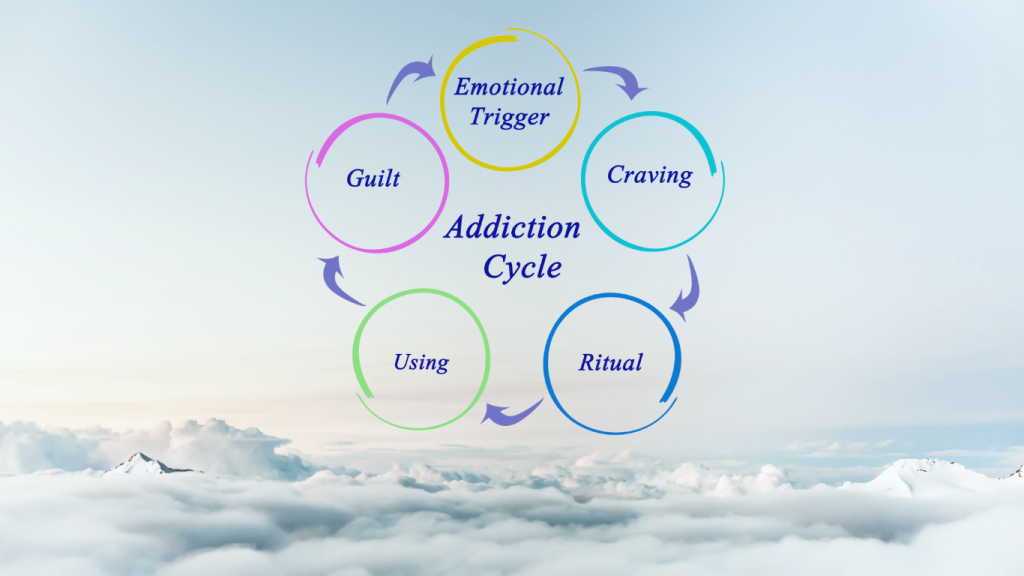
Already feeling rather isolated, Mikey then experienced one of the worst weeks of his life while he was in active addiction, when his father unexpectedly passed away in Mikey’s arms. In that one week, Mikey attended funeral services not just for his father, but also his best friend, who had passed away previously from an overdose.
“My dad and I had a very up and down relationship my whole life,” Mikey said. His father, being a teacher and a coach, was tough on Mikey, to the point where the son felt he couldn’t live up to his father’s standards. For example, after a game, his father would give a general compliment followed up by a slew of bluntly honest feedback and criticisms about what mistakes were made and what could have been done better. Mikey’s father wasn’t demonstrative or verbal about his love for his son. “I can tell you how many times my dad probably told me he loved me or was proud of me or one to two hands my entire life,” Mikey said.
Regardless of how tough his father was on him, however, Mikey was devastated when his father died. “When that happened, it destroyed me,” Mikey said. “I had nightmares of him dying. I couldn’t go into our living room of our house. I drowned myself in alcohol and as much opiates as I could find. There are so many things you want to say when you’re not expecting to lose somebody. All these things you ever wanted to say come back to you, and you don’t know how to deal with them.”
“It wasn’t really until after he died that I realized like my dad didn’t tell me he loved me, but he showed me my entire life,” added Mikey. He recalled his father coming home after long days and still taking the time to go play basketball outside with him.
The Endless Cycle
About a year after his father died, Mikey got his first DUI. When he went to hospital, his blood alcohol content was a life-threatening .312.
“You’re extremely selfish human being when you’re an addict,” he said. “You don’t think about anyone else except for you and the good time you’re trying to have. It’s such a [lousy] way to live. I can see it now, but when you’re in it you just you don’t know. You don’t see the people you’re hurting or see the chances you’re taking that can hurt other human beings.”
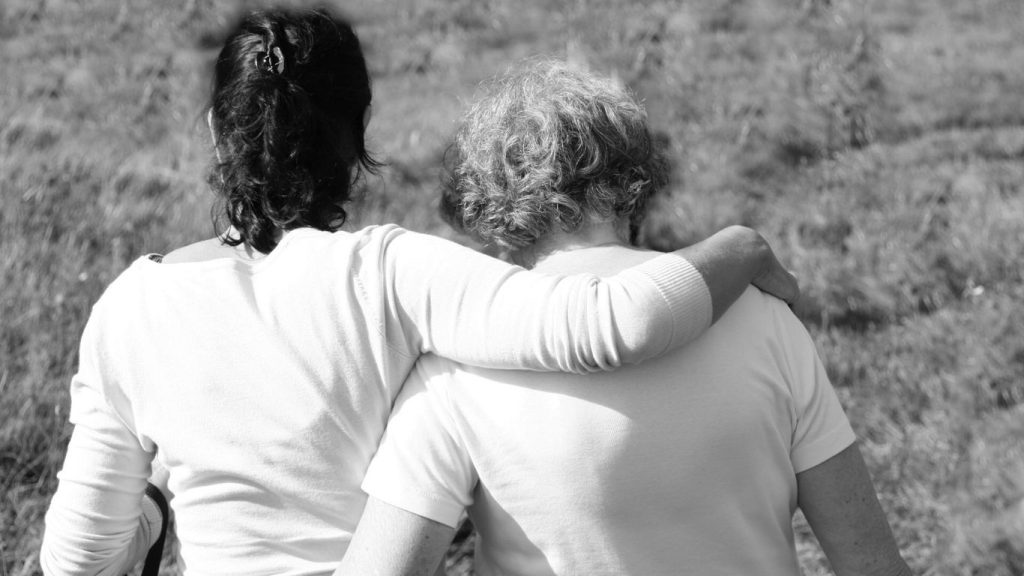
Mikey continued to work, never missing a day, no matter how horrible he felt. He used substances during the day whenever he needed to do so to feel normal. Even his girlfriend didn’t know he was misusing substances. Eventually, he was introduced to heroin. After just a few uses, he almost overdosed because it was laced with fentanyl. That didn’t stop him from using opioids, because the withdrawal symptoms—the body aches, the nausea, the cold sweats—made him miserable.
His sense of loneliness and isolation increased, and now he was also filled with self-loathing, not just for what he saw as a failed relationship with his father and the DUI, but for everything he thought he had done in his life. “When I was using all the time, I just didn’t think people actually liked me, I thought they were just for being nice,” he admitted. “I always thought everybody was so fake, but really it was the opposite. I mean, sure some of those people probably were but I was the fake one. That hatred for myself went on for years and years. There was a point where I wasn’t a big believer in God or anything else anymore, but the only thing I ever prayed for was ‘Let me not wake up in the morning.’”
By then, Mikey was tired of his lifestyle, but he couldn’t break the cycle. “I didn’t want to keep using, but I did because that’s the only thing that would me get through a day. But it’s exhausting. You wake up and you’re so tired, you’re miserable, and so mad at the world, you don’t even know what to do with the anger. You don’t know even where it’s coming from. You don’t understand all this stuff you’ve pushed down for so many years like and you just never dealt with anything.”
A Lifeline
After overdosing a second time on a pressed pill laced with fentanyl, Mikey made a strong effort to avoid opioids. However, his drinking picked up. After his second DUI, he was offered the opportunity to enter rehab. For Mikey, it was as if someone had thrown him a rope in the middle of a freefall.
“I never would have checked myself into rehab, ever,” he said. “I’d never been offered rehab by anyone. No one ever talked to me about it before. For some reason I just was like ‘I am in.’” That set him on the path of chasing recovery.
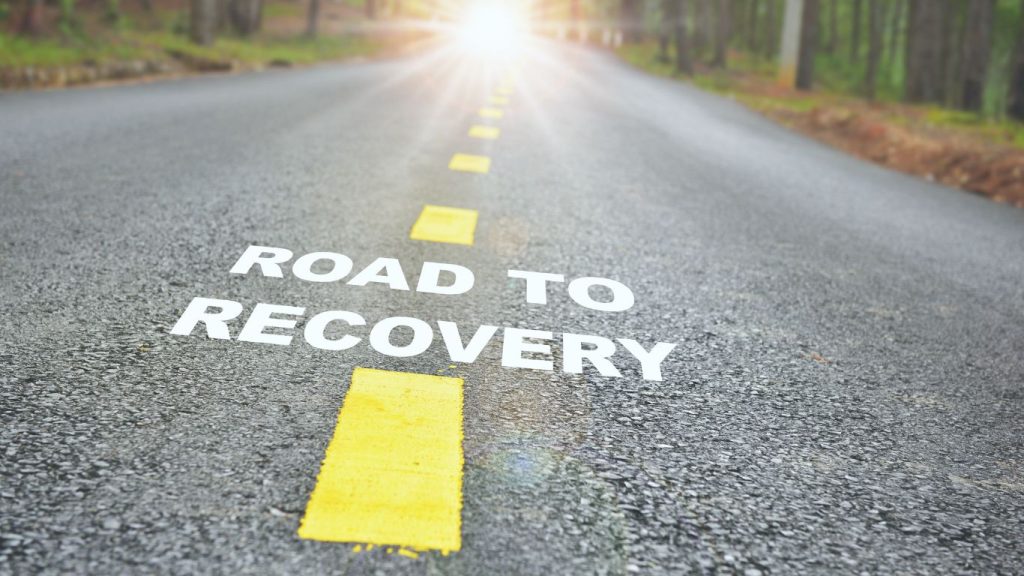
Fortunately, an advocate helped him obtain Medicaid so he could enter Phoenix House, a rehab in Arlington, VA. “I know it was her job, but she went above and beyond. She listened to my story and had compassion. That was something that meant a lot to me,” he said.
Because it was a bed-to-bed transfer from the jail to Phoenix, Mikey had to spend an extra two months in jail while waiting. He now believes that it was good for him, providing additional time away from drugs. And he can’t say enough about Phoenix House.
“I met some amazing men there,” he said. “I met people that were younger than me, people my own age, people that were much older than me that have been fighting this thing, but it made you realize you’re not alone. There are so many other people that deal with this. Addiction wants you to think you’re all by yourself; it wants you isolated. It wants you alone so it can control you and wants you to rely on it and absolutely nothing else in this entire world. When you finally figure out you’re not alone, that other people go through this…it’s a really empowering thing.” He spoke of Chubbs, who was once a dealer on the streets of inner DC, but now stands on the corner doling out advice and hope for recovery. Of Dave, who helps run the Phoenix House, Mikey said, “He’s just super awesome. He made you feel welcomed as soon as you got there. It was the atmosphere of knowing you’re not alone, and people accepting you. They know that what you have is a problem and a disease, it’s not who you are as a person. For so many years, you think that that’s who you are, but you are not your addiction and you’re a good person underneath.”
Chasing Recovery
Surrounding himself with a support system of people in recovery has been one of Mikey’s keys to his own recovery. He has made good friends within the recovery community. At the Phoenix House, he began attending Narcotics Anonymous meetings via Zoom, and he was eventually asked to chair those meetings. He began repairing relationships, and is relieved to acknowledge that he treats his mother better than he did before.
While chasing recovery, Mikey began talking with a new counselor who helped him address his emotions surrounding his dad. She also diagnosed his anxiety, which was a surprise to the outgoing man. When she recommended medication, however, Mikey hesitated. He had originally been put on antidepressants while he was still misusing drugs and alcohol, which was a bad mixture. The experience made him leery of trying antidepressants again. “But she said something very powerful to me while I was in there,” he recalled. “She looks at me and she’s like, ‘Why won’t you take a pill that might actually help? You’ll sit here pumping all kinds of [stuff] into your body for all these years to try to feel better, but you won’t take something somebody’s actually prescribed?’ I don’t know why, but it just clicked. Maybe it’s because my mind had cleared over time without drugs and alcohol in my system.” With the help of antidepressants and counseling, Mikey is making steady progress in dealing with his emotions and traumatic experiences.

Now, after spending more than half of his life misusing substances, Mikey recently celebrated 10 months in recovery, and says he feels better than ever. “When you’re an adult, you don’t want to admit you need somebody else’s help, but you do,” he shared. “You don’t want to admit that you’ve been wrong for 20 years, but you were wrong, and it’s okay to be wrong. What’s not OK is really being stuck doing the same thing over and over and over and over again. It’s the definition of insanity.”
Mikey now appreciates small things in life, like the smell and sight of both the rain and the sunshine, or waking up and going outside to feel the breeze on his face. He enjoys spending time with his mother, his girlfriend and her kids, and, of course, his beloved dog.
He has found joy in cheering up others and helping others, and has set a personal goal to become a peer recovery specialist so he can do both. “I want to help other people see that there is a better way, give them the opportunity,” he said. He hopes to one day be able to go into schools and share his story. Though he knows most teens won’t truly hear what he has to say, he feels that if he can reach just one person, it is worth the effort.
For now, Mikey strives to inspire others through posting inspirational quotes on his social media accounts, where he is also open about his experience in chasing recovery and celebrates each milestone. In return, people have messaged him, thanking him for telling his story. Not long ago, one of his “old” friends on Facebook reached out to Mikey to let him know that he saw his progress and was proud of him. “I told him like you don’t even understand how much that means to somebody,” Mikey said, getting slightly choked up. “It’s a powerful thing for some people you care about to start coming back around tell you they’re proud of you, when really all you’re doing is doing what you should have been doing the whole time, but because of everything you’ve done your entire life, that is a much harder thing for you to do than it is for most people to do.”
A Word of Advice
For those considering taking steps towards recovery, Mikey has this advice, which he learned from the woman who asked him to lead the NA Zoom meetings: “It’s about dealing with it in a productive manner instead going back down that same old rabbit hole. I think about it this way: if you put even have the effort into your recovery that you use to find stuff and use, you could do anything you want in this entire world. Think about all the effort and strength and determination you would use to find your drug of choice, just so you can use another day. Turn that into something productive and you can do whatever you want.

“No matter how bad it gets there can be better days ahead,” he continued. “You have to have hope. Hope is the biggest thing. Having hope and seeing a way out that can get you started. It’s taking it step by step. People think you’re going to get a rehab you’re going to go to some meetings and all of a sudden your life is just going to completely change, but that’s not how it works. It’s a lot of work, it’s work every day, but it’s worth it. You spent years digging that hole, you’re not get out of it in a matter of days or weeks; it takes time. You just have to have faith and hope.”
More Recovery Month Stories:
Learn more about Recovery Month, or check out our local recovery resources.
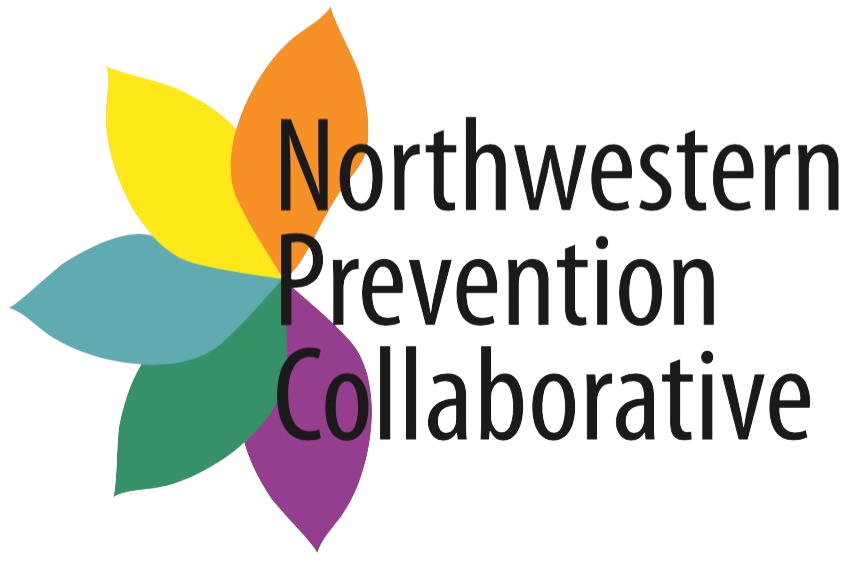
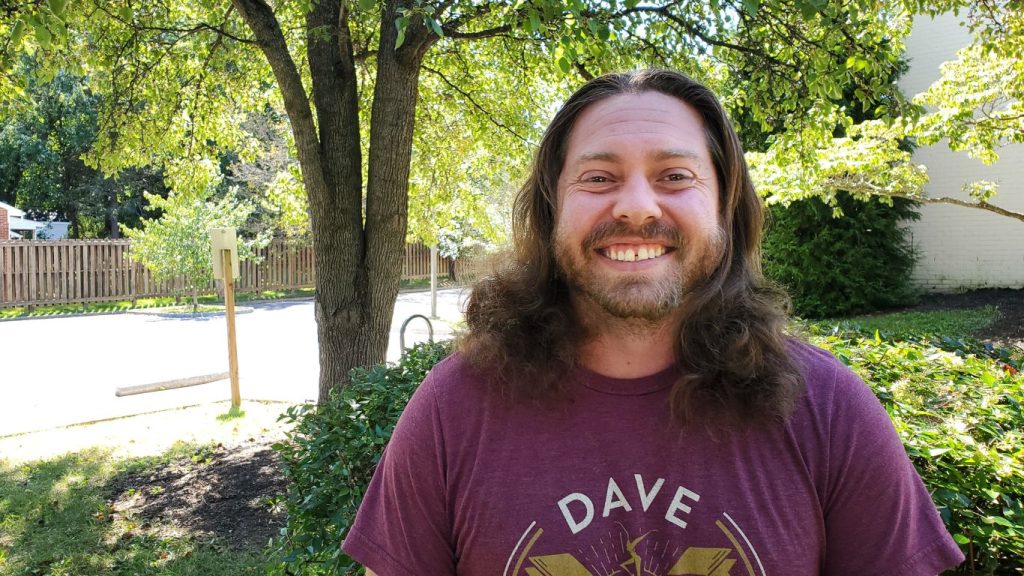

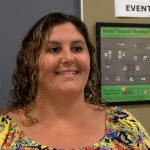
Comments are closed.